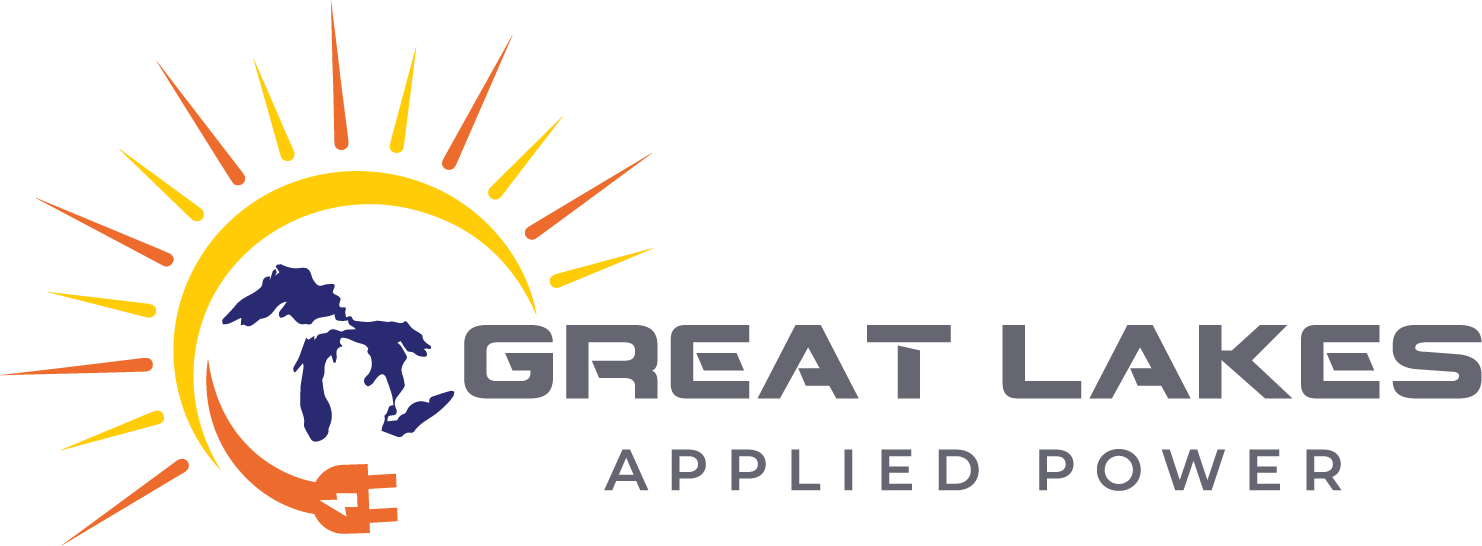Great Lakes Applied Power – Who We Are
At Great Lakes Applied Power, we specialize in designing and implementing hybrid solar power systems tailored to a wide range of applications. From custom solar-powered backup systems for homes to commercial solar lighting solutions and industrial direct-use solar applications, our systems are engineered to deliver significant reductions in grid power usage. In many cases, these systems offer a payback period as short as six years, making them an economical and sustainable choice.
Meet Our Team:
David Frame
Founder of Great Lakes Applied Power and its parent company, Frame Industries, Inc., the home of Chelsea Plank Flooring™. David holds a Bachelor of Science degree in Applied Mathematics from Ferris State University. With over 30 years of experience in wood product manufacturing and 25 years in automated machine design, industrial controls, and power distribution, David brings a wealth of expertise to the field. Over the past five years, he has focused on designing, building, and testing solar power and backup systems for off-grid storage buildings, residential power backup, and industrial applications.
Conrad MacBeth
Conrad holds a Bachelor of Science degree in Civil Engineering from Michigan State University and has 12 years of experience in engineering across industries such as Oil & Gas, Manufacturing, Machine and System Design, Systems Integration, and Project Management. His passion for hybrid power systems led him to collaborate with David over the past few years. In 2024, Conrad officially joined Great Lakes Applied Power as the company’s lead engineer, dedicated to making reliable hybrid power systems accessible to everyone.
